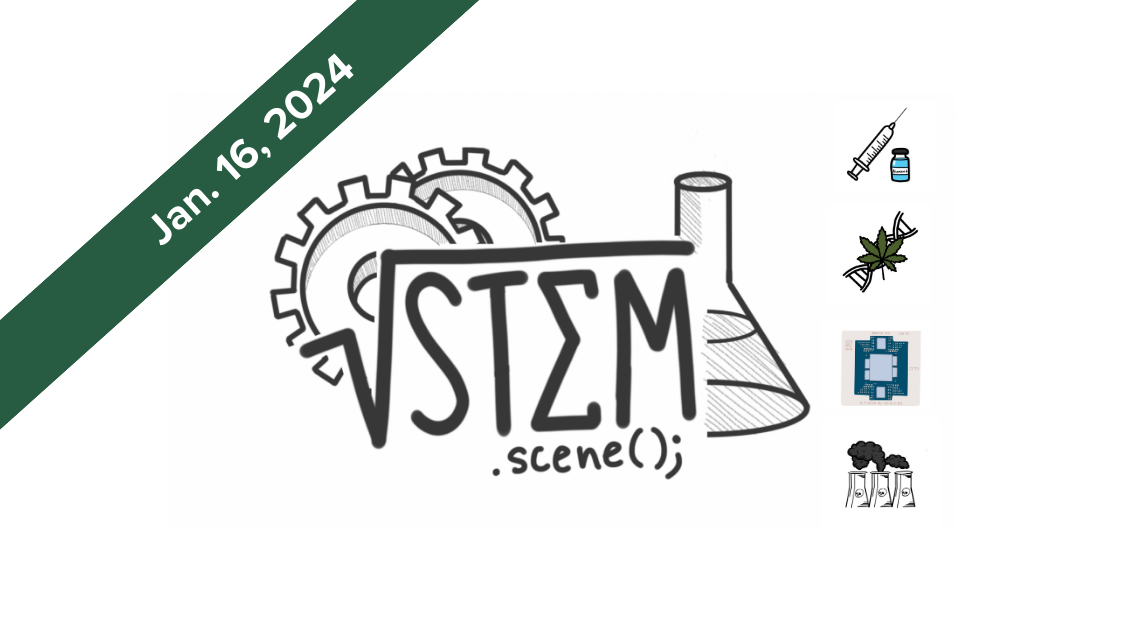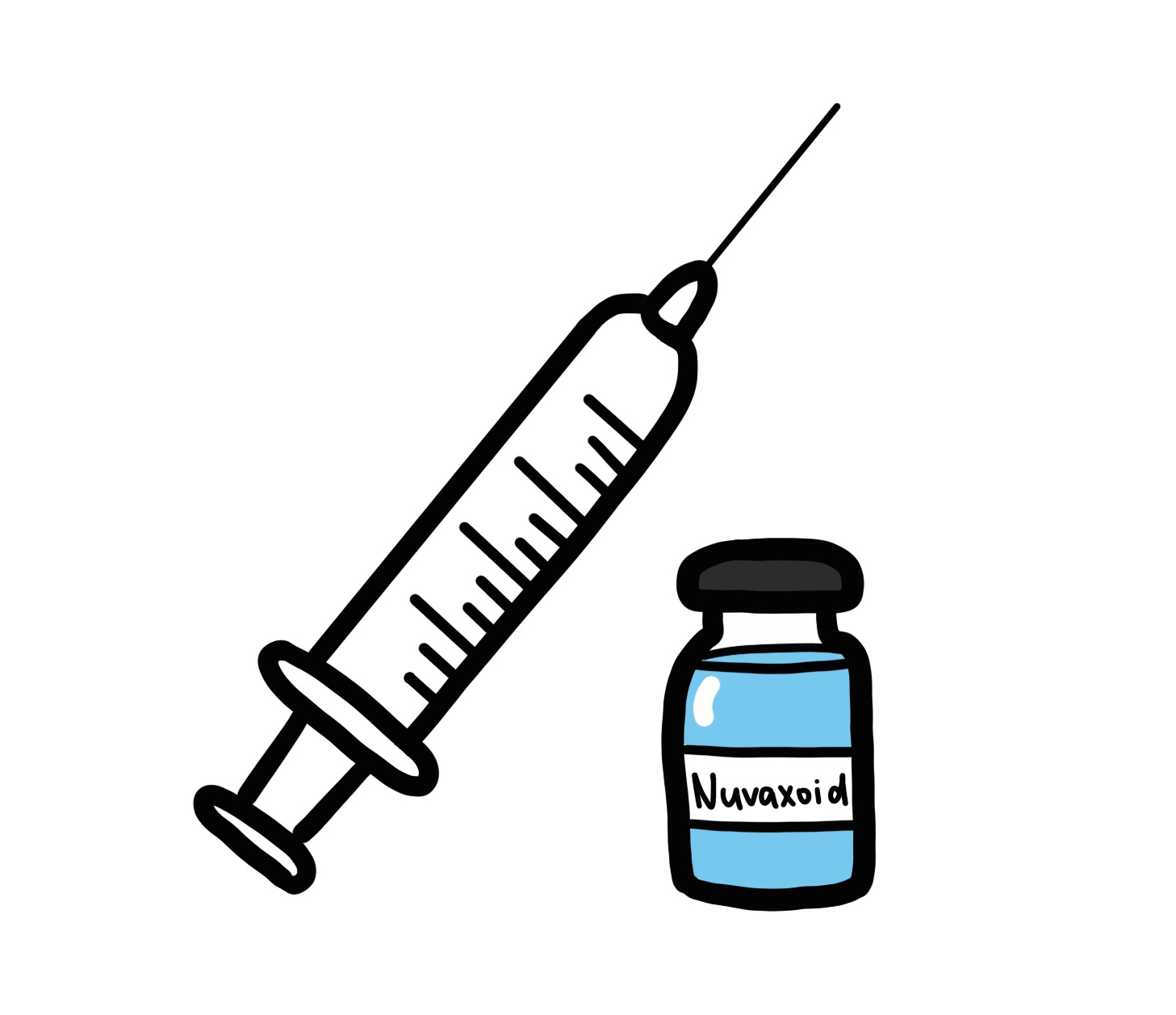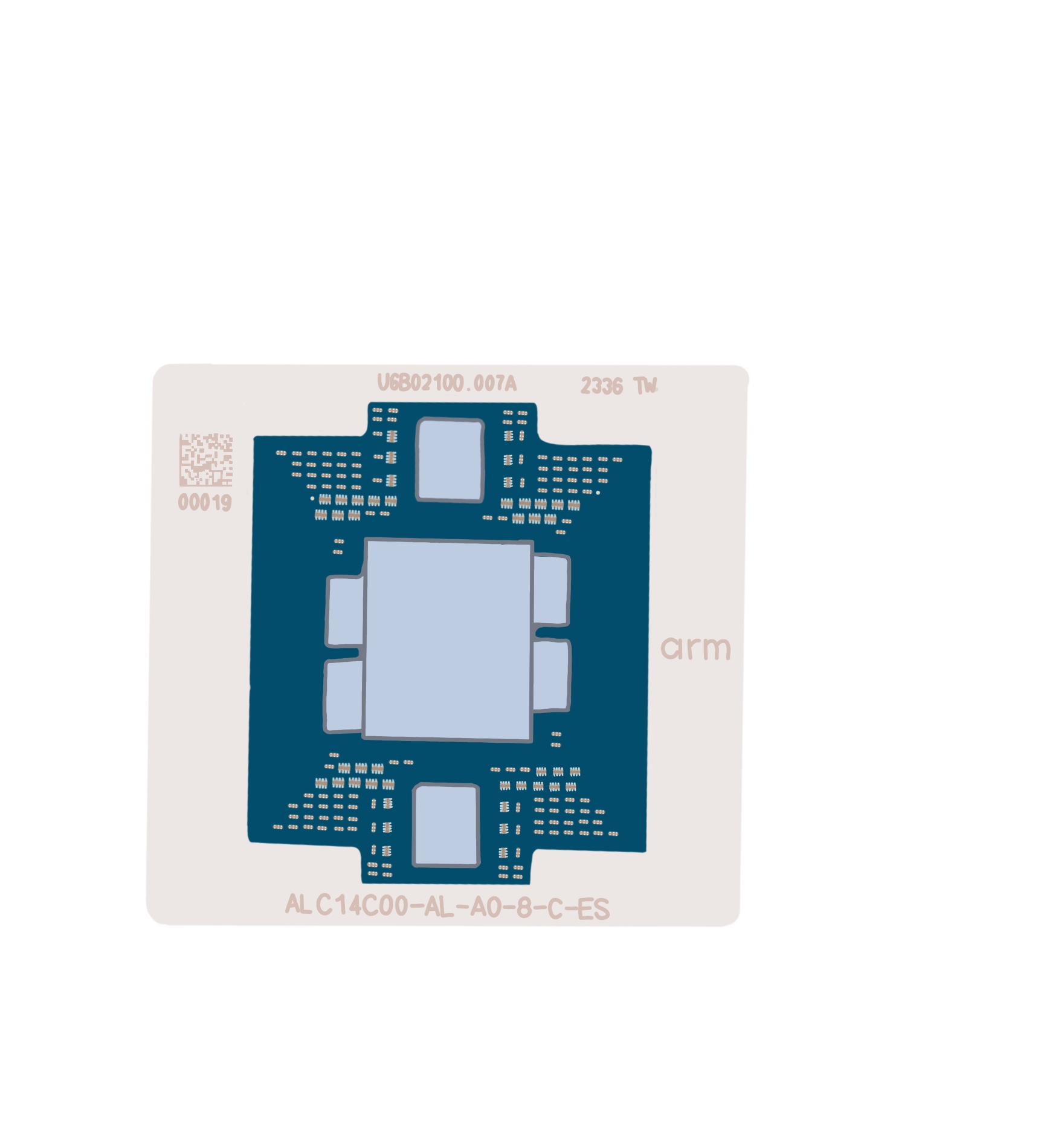

Novavax, a biotech company based in Maryland, announced on Nov. 28 that the World Health Organization had given its Nuvaxoid COVID-19 vaccine Emergency Use for insurance nagListing. This shot, which is suitable for those over 12, will be more rapidly available for use in emergencies in all UN member states. This vaccine is protein-based instead of mRNA-based, making it more similar to traditional shots like those for HPV and tetanus. Protein-based vaccines include the part of a virus that best stimulates the immune system so that the body creates antibodies and white blood cells to combat it. Conversely, mRNA vaccines function by instructing cells to produce the virus’s spike protein, which in turn triggers the generation of antibodies that combat the virus. Although global daily confirmed cases have fallen by nearly 100% since their peak in mid-December last year, COVID still claims thousands of lives every week. Novavax’s original vaccine was approved by the FDA last July, and its booster followed shortly after. However, this vaccine came after shots from Pfizer and Moderna, so these shots had a limited impact on public health.

Researchers announced that they had discovered portions of DNA that may be connected to cannabis addiction in a Yale-led study published Nov. 20. During their research, scientists examined the genomes of over a million people recorded in the U.S. Department of Veterans Affairs’ Million Veteran Program and identified genes that encode for neuron receptors associated with developing cannabis addiction, which can vary from person to person. They also found gene variations on the same genome connected to behavioral and health conditions such as lung cancer and schizophrenia. Although cannabis often helps patients treat chronic pain and other disorders, excessive use can lead to serious health issues including an increased risk of heart attack and stroke. Studies like this one can assist health professionals in administering the drug in a more regulated manner and reduce chances of addiction or overdose.

Amazon Web Services revealed the chips that will be powering their cloud computing servers in the years to come on Nov. 28, with impacts across industries ranging from entertainment to financial services. The chips, named Graviton4 and Trainium2, are intended for Amazon’s Elastic Compute Cloud (EC2) and AI model training, respectively. Amazon’s EC2 compute platform offers enterprise customers flexibility, like being able to choose between different processor architectures and operating systems. This announcement comes at a time when there is more demand than ever for chips capable of training AI models, as many companies rush to bring their products to market. In addition, AWS says that it has expanded its partnership with NVIDIA and will be the first cloud service provider to utilize its new Grace Hopper chip, which was released on Aug. 8. This chip combines the processing capabilities of a CPU and GPU into a unified superchip that excels at crunching through vast amounts of data.

460,000 Americans in the past two decades. Analyzing emissions data from 1999 to 2020, scientists found that the particle pollutants released from burning coal are twice as deadly as other sources like cars. Previous studies conducted on air pollution assumed that all pollutants were equally dangerous and severely underestimated the toxicity of coal emissions, which contain higher levels of sulfates than other sources of emissions, increasing the risk of mortality. To estimate the amount of deaths caused by the pollutants, researchers tracked PM2.5 toxins released by 480 U.S. coal plants and connected annual exposure levels with Medicare health records. Data from the study shows that 85% of the half million deaths occurred between 1999 to 2007, and annual deaths dropped as coal plants shut down. Although coal power has declined in the U.S., it is still on the rise globally. These new findings reveal the devastating tradeoff between cheap energy and public health.

